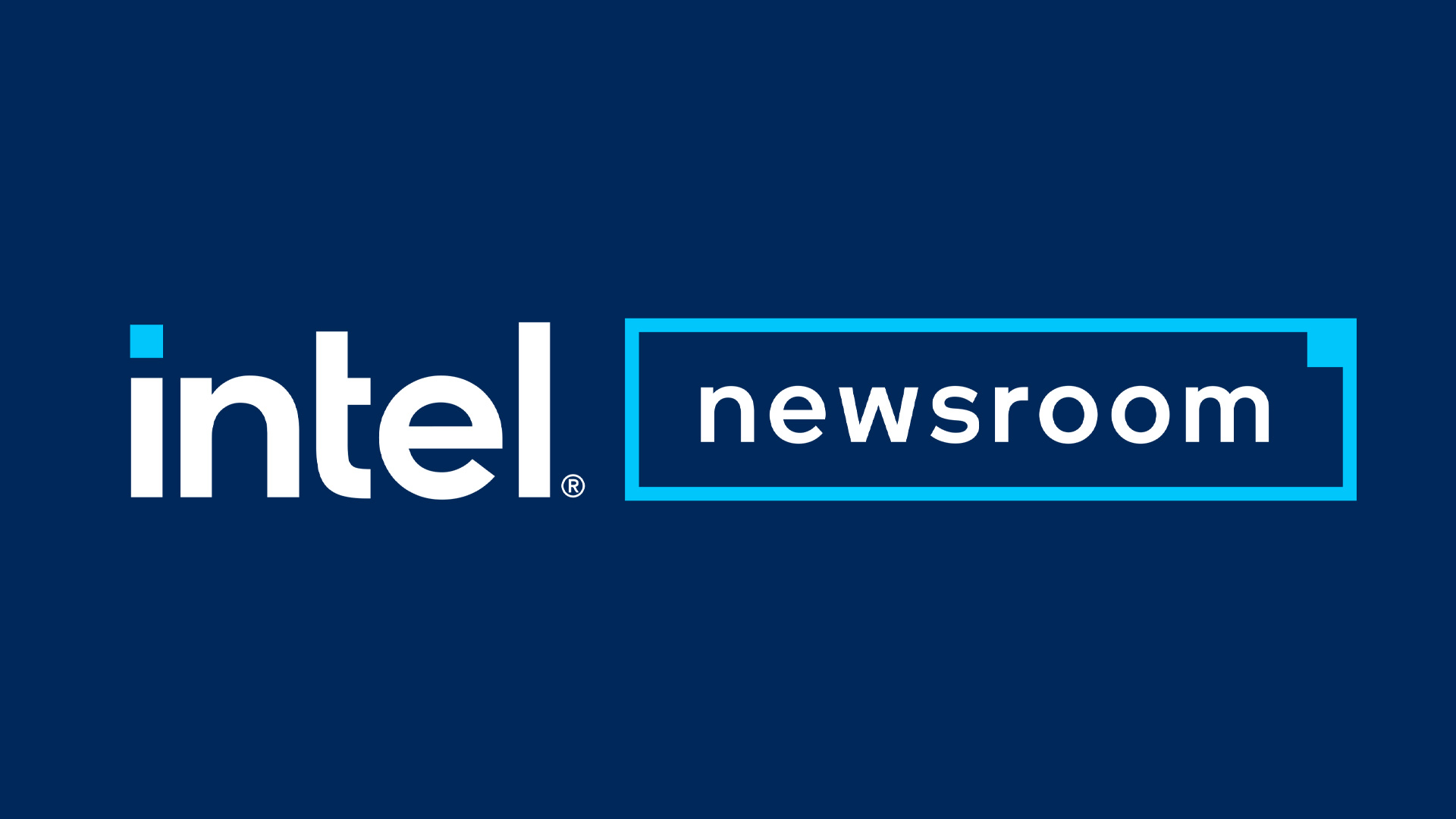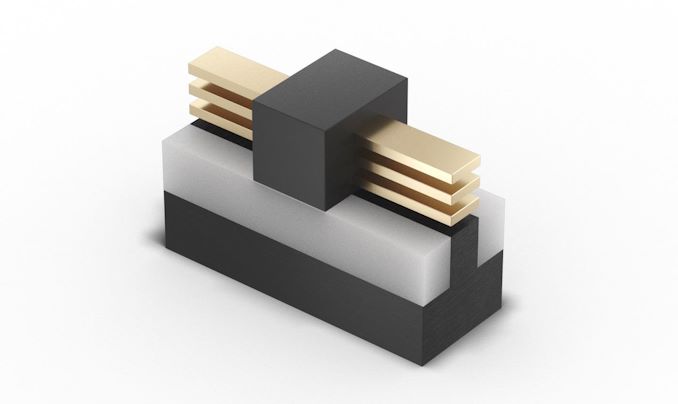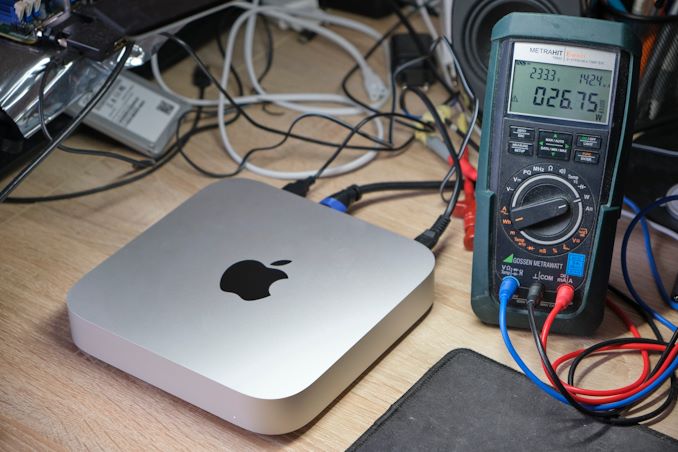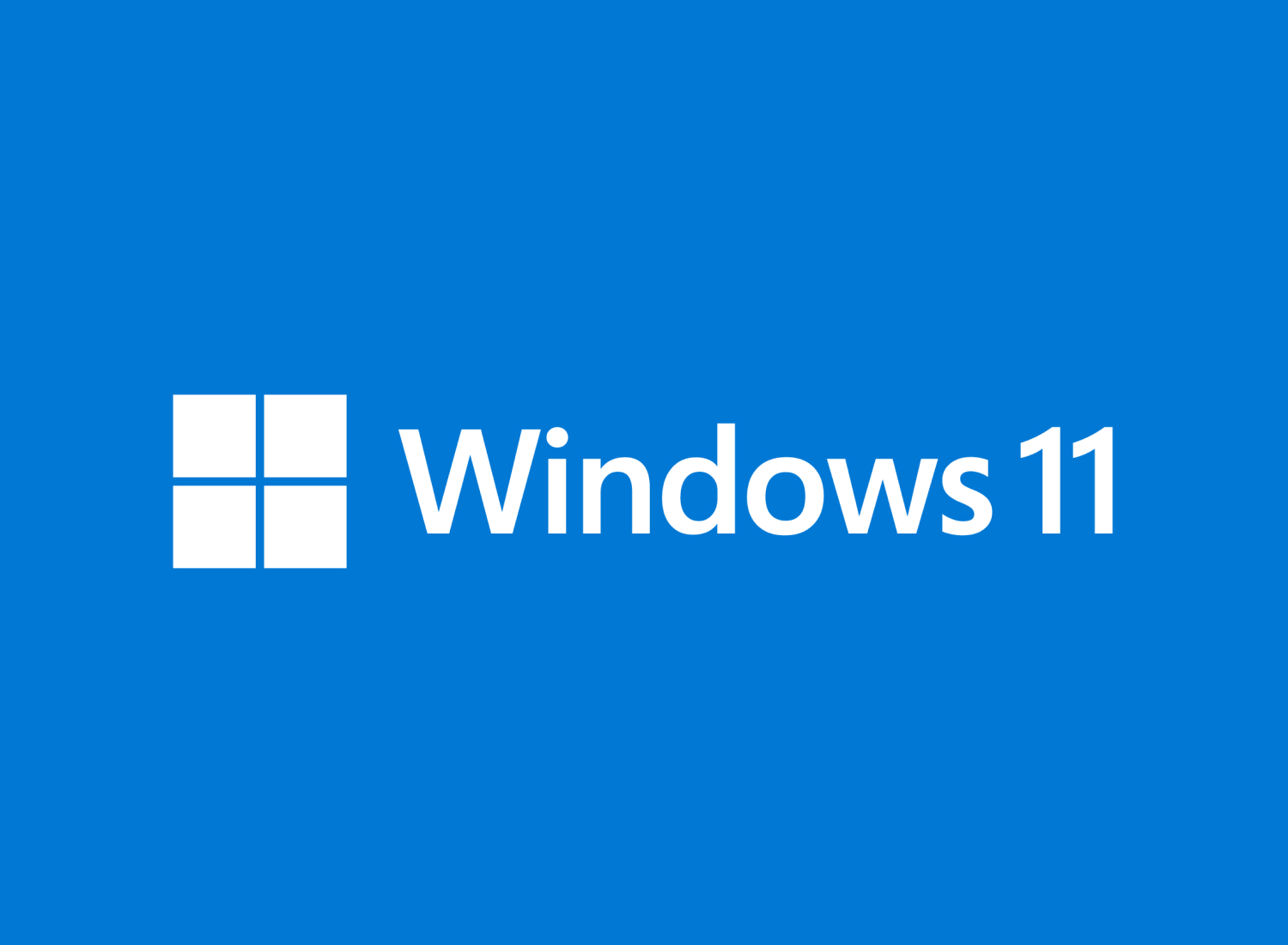As an ISA, I don't see a whole lot of reason for people to specifically choose x86 unless they're trying to cater to an existing installed base. Maybe someone else here can give a technical reason as to why a small firm looking for custom/semi-custom would pick a clean sheet x86 design over ARM?
Why would a small firm pick custom/semi custom x86 instead of ARM. Why would they want to design anything at all besides some specific customizations and special IP blocks.
Just go to AMD and say I want this ISA (x86 or ARM, AMD will do both) and that IP and this amount of SRAM and that amount of Cache etc.
Intel is also offering the same here, they will give their customer the IP blocks and let them assemble the Lego and they fab it for them
No fuss, no patent/IP risks, and have your own custom chip.
Pretty much what Microsoft did when they "designed" their XBox SoC and when Google "designed" their Tensor SoC
Unless you are Amazon/Google/Microsoft, doing any custom high performance CPU is anyway going to be a very tough undertaking. ISA does not matter.
For Amazon/Google why would they buy a server CPU from some ARM CPU vendor when they can design their own using the same reference design from Arm, and in fact they can even do it better.
Unless you have deep pockets and can undertake long term yearly investment in microarchitecture, run of the mill ARM CPU offerings are in very tough spot.
They compete vs x86 vendors to a certain extent (because customers who need x86 will need x86, no other way) but in fact
their main competition are their own potential customers who can also industrialize the chips from the same reference Arm designs with their own customizations.
The threat to Intel and AMD is not some startup ARM CPU vendors, they can out spend and out innovate them simply by being in the market for much longer.
The real threat are in house designs from Amazon, Microsoft etc.
Both Intel and AMD are so keen to do semi custom for such customers because of this reason
That is basically what Pat was saying and basically what Lisa was saying
Lisa went on to say they will do ARM too if the customer wants.
Latest ER Lisa went further

For your typical MCU and IoT applications, RISC-V is starting to gain share from ARM and the trend will accelerate.









